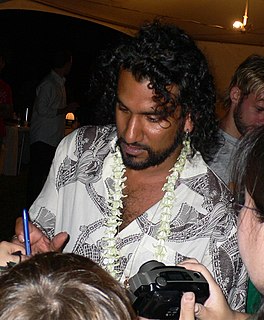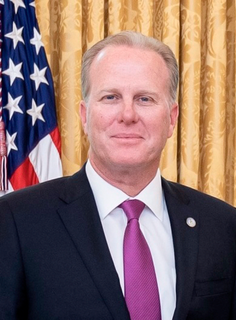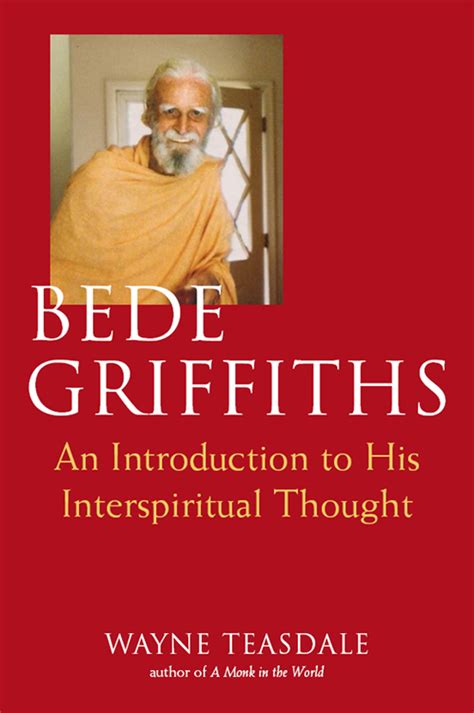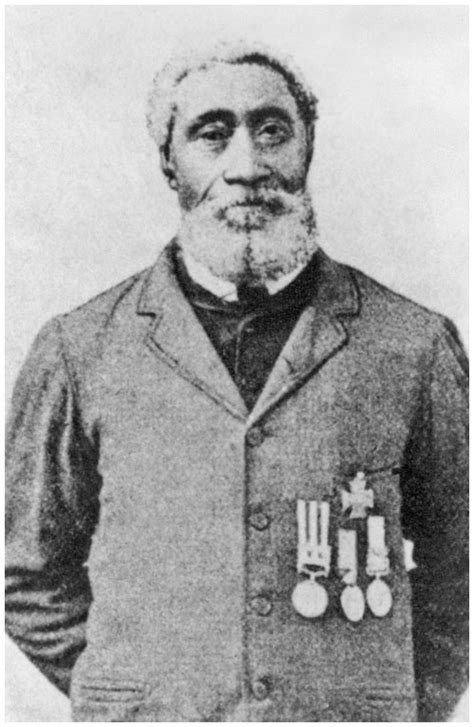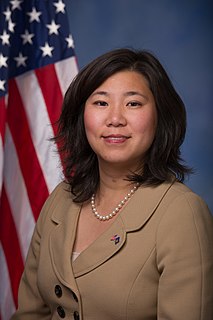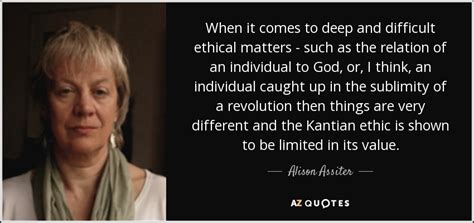A Quote by Howard Gardner
The wonderful thing about the theater is that it can emphasize BOTH our diversity AND our common humanity. In many ways, the world of Shakespeare (or Aeschylus or Racine) is totally different from our world; and yet any human being can look through the differences in dress and mores and discover our common problems, passions, and potentials.
Related Quotes
Let us not be blind to our differences-but let us also direct attention to our common interests and to the means by which those differences can be resolved. And if we cannot end our differences, at least we can help make the world safe for diversity. For, in the final analysis, our most common link is that we all inhabit this small planet. We all breathe the same air. We all cherish our children's future. And we are all mortal.
Creating harmony amidst diversity is a fundamental issue of the twenty-first century. While celebrating the unique characteristics of different peoples and cultures, we have to create solidarity on the level of our common humanity, our common life. Without such solidarity, there will be no future for the human race. Diversity should not beget conflict in the world, but richness.
It is not a question of patronizing philanthropy towards disabled people. They do not need the patronage of the non-disabled. It is not for them to adapt to the dominant and dominating world of the so-called non-disabled. It is for us to adapt our understanding of a common humanity; to learn of the richness of how human life is diverse; to recognize the presence of disability in our human midst as an enrichment of our diversity.
As I lived on in America, I got to truly know the people of this country - so many kind and wonderful people, people of so many races - who helped me in so many ways. Who became my friends. I realized that underneath our different accents, habits, foods, religions, ways of thinking, we shared a common humanity.



